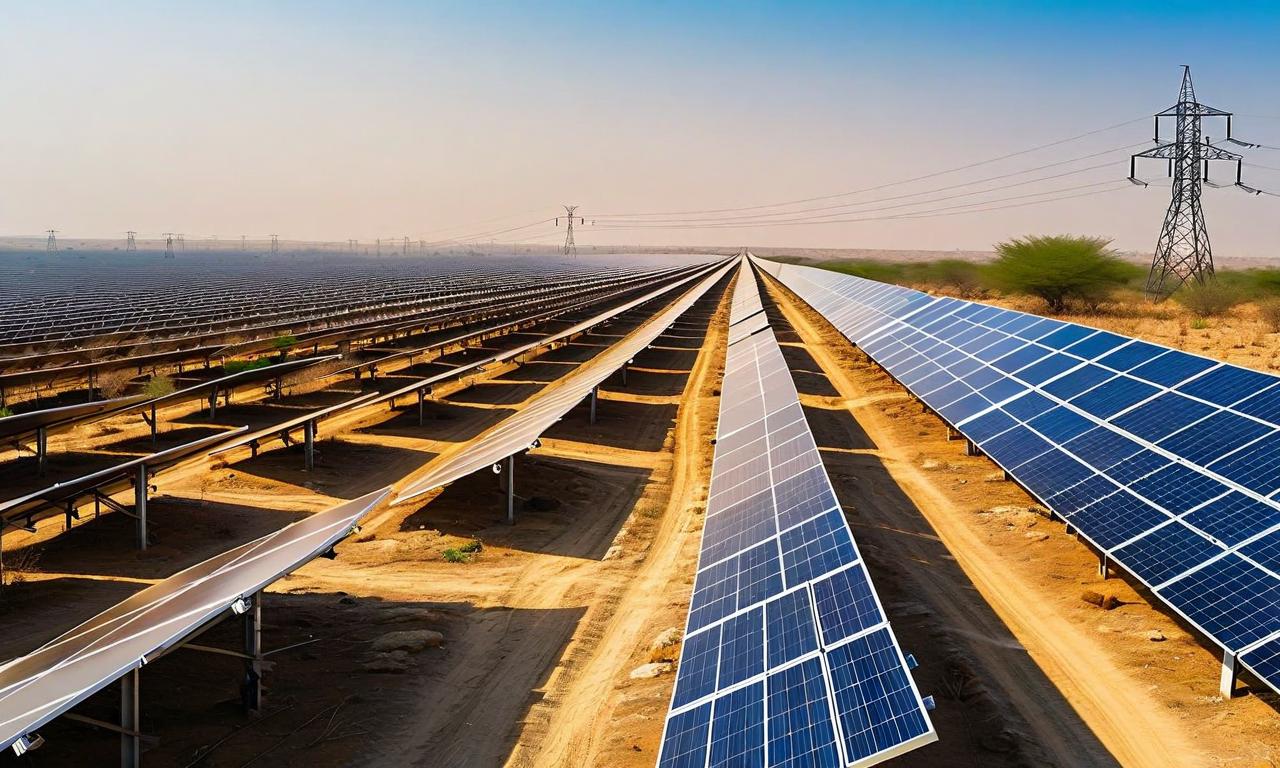Saudi Arabia Urges OPEC+ to Accelerate Oil Production Increase
Saudi Arabia has called on OPEC+ to speed up its oil production increases, signaling potential shifts in the oil cartel's production strategy. This move could have significant implications for global energy prices and supply. If OPEC+ responds positively, it may lead to increased global oil supply and potential downward pressure on oil prices. The decision could be influenced by changing global demand patterns, economic recovery, and geopolitical considerations. The oil industry and global markets are awaiting official announcements from OPEC+ regarding potential changes to their production strategy.

*this image is generated using AI for illustrative purposes only.
In a significant development for global oil markets, Saudi Arabia has called on OPEC+ to speed up its oil production increases. This move signals potential shifts in the oil cartel's production strategy, which could have far-reaching implications for energy prices and supply worldwide.
Saudi Arabia's Push for Faster Production
Saudi Arabia, a key player in the Organization of the Petroleum Exporting Countries (OPEC) and its allies, collectively known as OPEC+, is advocating for an acceleration in oil production increases. This stance represents a notable change in the kingdom's approach to managing global oil supply.
Implications for OPEC+ Strategy
The call from Saudi Arabia suggests that OPEC+ may be considering adjustments to its current production plans. OPEC+, which includes major oil producers like Russia alongside OPEC members, has been carefully managing oil output to balance market demand and maintain price stability.
Potential Market Impact
If OPEC+ responds positively to Saudi Arabia's call, it could lead to:
- Increased global oil supply
- Potential downward pressure on oil prices
- Shifts in the dynamics of the global energy market
Factors Influencing the Decision
While the specific reasons behind Saudi Arabia's push for faster production increases are not detailed in the announcement, several factors could be influencing this decision:
- Changing global demand patterns
- Economic recovery in various regions
- Geopolitical considerations
Next Steps
The oil industry and global markets will be closely watching for any official announcements from OPEC+ regarding changes to their production strategy. The group's decision could have significant implications for oil-dependent economies, energy companies, and consumers worldwide.
As this situation develops, it will be crucial to monitor how other OPEC+ members respond to Saudi Arabia's call and what concrete steps, if any, the cartel takes to adjust its oil production levels.

























